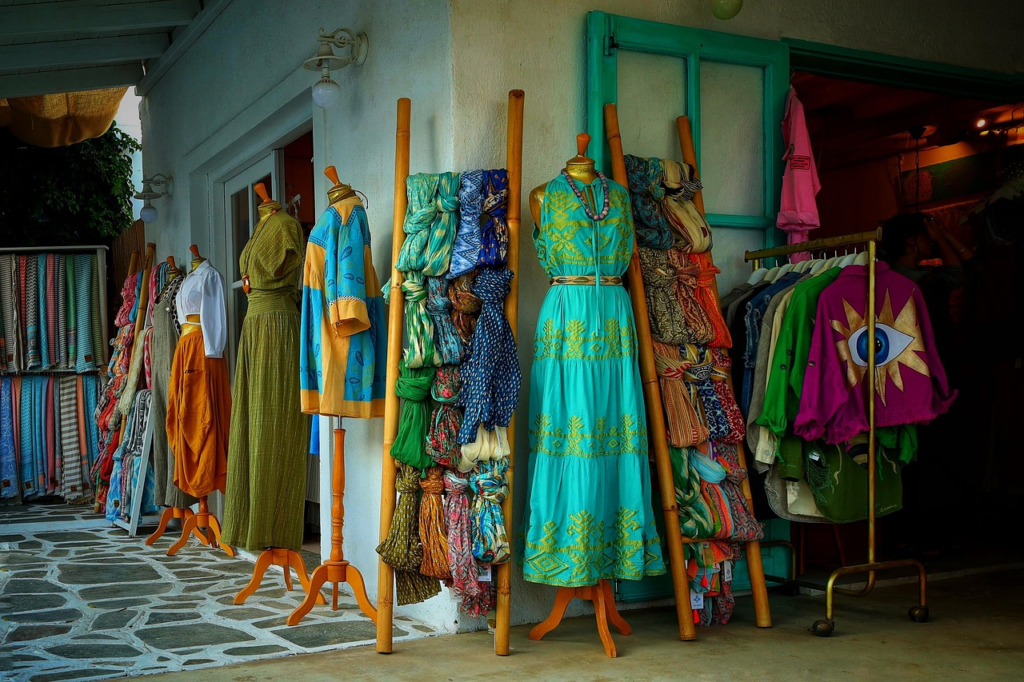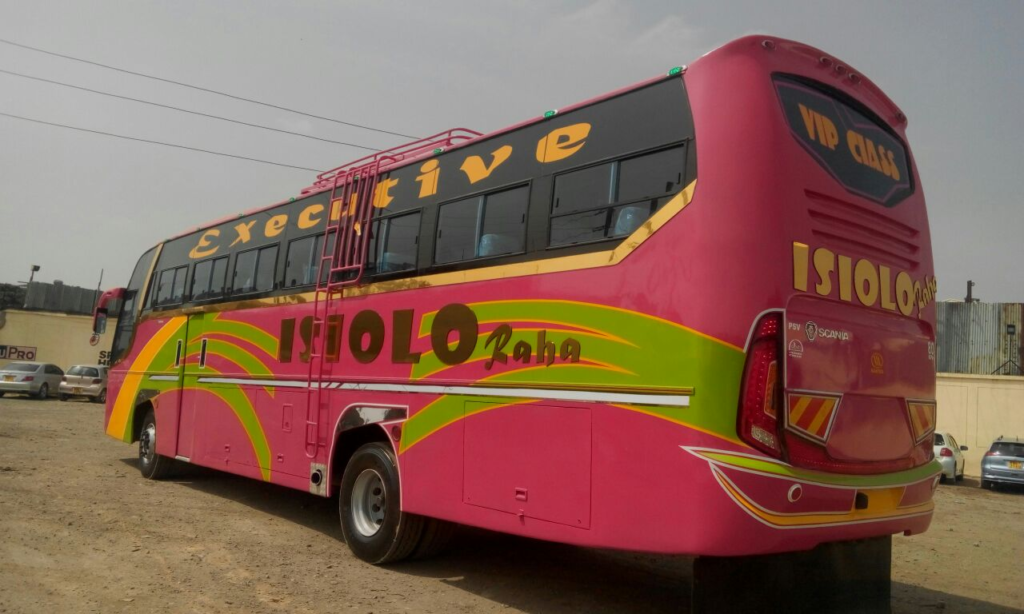Now Reading: When a Loan Guarantee Turns Into a Sh32 Million Loss: The Story of Kennedy Kimutai Salat
-
01
When a Loan Guarantee Turns Into a Sh32 Million Loss: The Story of Kennedy Kimutai Salat
When a Loan Guarantee Turns Into a Sh32 Million Loss: The Story of Kennedy Kimutai Salat

In Kenya, many people underestimate the risks of acting as a loan guarantor. What begins as a gesture of goodwill can easily spiral into financial disaster. This reality came crashing down on Kennedy Kimutai Salat, whose decision to guarantee a friend’s loan with Faulu Microfinance Bank cost him property worth Sh32 million. His case has become a striking example of the loan guarantor risks in Kenya and why one must tread carefully when entering such agreements.
The Beginning: Guaranteeing a Friend’s Loan
In November 2015, Kennedy Kimutai Salat agreed to stand as a guarantor for his friend, Robert Kanuli, who sought an Sh11 million loan from Faulu Microfinance Bank. However, Salat was firm that he could only guarantee Sh5.6 million of the loan. To secure this portion, he surrendered the title deed to his prime property in Kericho town, valued at over Sh32 million.
Like many who sign as guarantors, Salat believed he was simply helping a friend unlock financial support while limiting his own exposure. But as many Kenyans have learned, the line between borrower and guarantor is dangerously thin.
The Auction Shock: From Sh5.6M Guarantee to Sh32M Loss
Fast forward to July 2024, nearly a decade later. Salat received a notice from Antique Auctioneers, acting on behalf of Faulu Bank, informing him that his property was due for public auction. The shocking part? The debt had ballooned to Sh32.9 million, far beyond the Sh5.6 million he thought he had guaranteed.
In February 2025, his fears materialised when the property was sold at auction for Sh13 million to a buyer named Emmanuel Kibet Kirui. To Salat, this represented not only a loan guarantee gone wrong, but also a gross undervaluation — considering the land was worth Sh32.5 million by market estimates.
By the time he tried to contest the matter at the land registry, the property had already been transferred to the new owner.
Legal Questions and Disputes
Through his advocates at GKL Law Firm, Salat has taken the matter to court. His petition raises several pressing legal issues:
- Scope of Liability: He insists he only guaranteed Sh5.6 million, not the full Sh11 million loan, and therefore should not be liable for the total debt.
- Debt Escalation: How the loan grew from Sh11 million to Sh32.9 million remains questionable. Was it through interest, penalties, or compounding charges?
- Undervaluation of Property: Selling a Sh32.5 million property at Sh13 million raises concerns about fairness and transparency in Kenyan property auctions.
- Rights of the Guarantor: He is asking the court to release him from liability beyond his original guarantee and to prevent any further dealings with his property.
Lessons for Kenyans: The Real Risks of Loan Guarantees
This case is more than just one man’s tragedy. It is a wake-up call for all Kenyans who casually sign as guarantors for family, friends, or colleagues. Some of the key takeaways include:
- Understand Your Liability: Even if you guarantee part of a loan, banks can pursue your assets if the borrower defaults.
- Loan Default Consequences in Kenya: A small guarantee can snowball into a much larger loss due to interest rates, penalties, and auction costs.
- Auction Risks: Many Kenyan property auctions face accusations of undervaluation, leaving guarantors with massive financial losses.
- Seek Legal Advice First: Before signing, consult a lawyer to ensure the guarantee agreement clearly defines your limits of liability.
Conclusion: A Cautionary Tale
The story of Kennedy Kimutai Salat vs Faulu Microfinance Bank is not just about property lost; it is about trust, legal awareness, and financial caution. Acting as a guarantor may seem like a noble gesture, but in Kenya’s financial environment, it can also become a direct path to personal ruin.
Salat’s ordeal reminds us that loan guarantor risks in Kenya are real and often underestimated. As banks tighten lending rules and defaults rise, guarantors will continue to bear the brunt of failed loans. His case should inspire Kenyans to think twice before putting pen to paper — because one signature can be the difference between financial stability and losing a lifetime’s worth of investment.
































